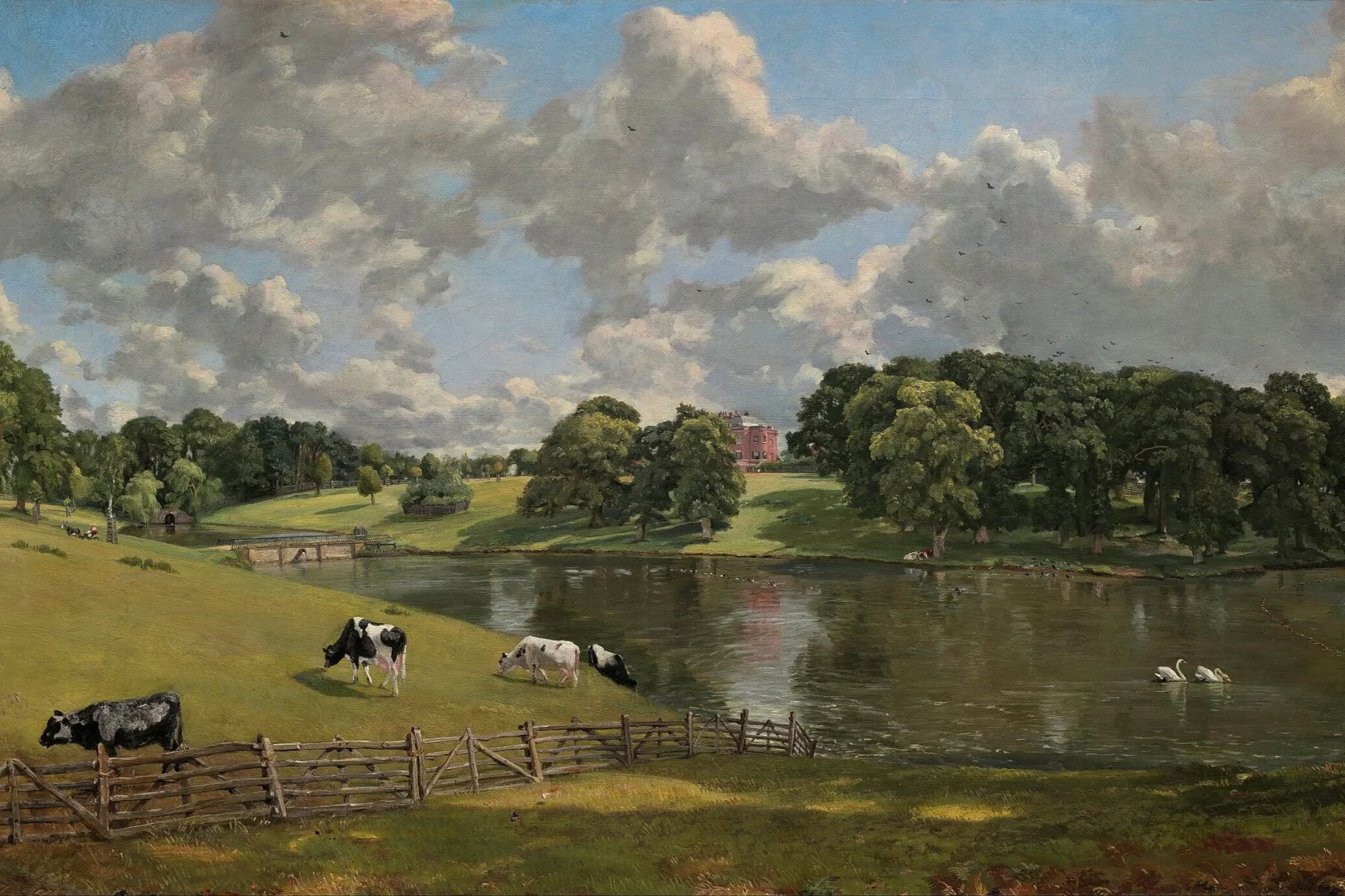Class Description
Between the middle of the eighteenth century and the beginning of the twentieth century, Britain experienced a profound and far-reaching transformation in its intellectual framework and aesthetic values. From the classical world of the Age of Reason, with its Palladian country houses, Georgian squares in cities, and artificial manners, the new taste of Romanticism emerged, favoring the exotic, the emotional, and the natural. Then, during the course of the nineteenth century, the pastoral, traditional, and comfortable world of William Wordsworth, John Constable and Jane Austen transformed into the urban, ironic and often disturbing world of Oscar Wilde, James McNeil Whistler, and H. G. Wells.
Among the topics to be treated in this seminar will be the neo-classical art and architecture of the Georgian period; the emergence of romanticism and its taste for the “gothic” and exotic, and love of Nature; and the industrial dominance of Britain, the phenomenal growth of its cities, and the intellectual and artistic response to unprecedented new social problems. This seminar will explore the transformation in artistic taste from neo-classical through romanticism to decadence through a consideration of such artists as William Blake, John Constable, J. W. M. Turner, Julia Margaret Cameron, Frederick Lord Leighton, the Pre-Raphaelites, James McNeill Whistler, and Aubrey Beardsley. We will also treat such notable buildings as the Royal Pavilion Brighton, the new Houses of Parliament, and the Crystal Palace, as well as the designs of William Morris and the Arts and Crafts movement. New trends in thought will also be explored, as expressed by such writers as William Wordsworth, John Ruskin, Matthew Arnold, Walter Pater, and Oscar Wilde, including the "decadent" sensibility of the "art for art's sake" movement at the fin-de-siècle.
This course will principally focus on art and architecture, but with frequent reference to literary and intellectual trends.
Frank Biletz received his PhD in history from the University of Chicago, with a primary specialization in modern British and Irish history. He is currently Adjunct Instructor in History at Loyola University Chicago and has been teaching seminars at the Newberry since 1994.
All virtual classes are recorded and made available to participants registered in the class. These recordings are password-protected and available for up to two weeks after the class ends.
What to Expect
Format: Virtual
Class Capacity: 30
Class Style: Mix of lecture and discussion; participation encouraged
Materials List
Required
- Instructor-Distributed Materials
First Reading
No Required Reading
A Brief Syllabus
- Classicism in Georgian Architecture
- Georgian Portraits and Satiric Prints
- A Revolution in Sensibility: The Emergence of Romanticism
- The Eccentric Genius of William Blake
- The Sublime and the Beautiful: Romantic Landscapes
- Reality and Fantasy: Victorian Architecture, Painting, and Photography
- The Pre-Raphaelite Brotherhood and the Arts and Crafts Movement
- Decadents and Aesthetes: New Directions in Art and Ideas at the Fin-De-Siecle
Cost and Registration
8 Sessions, $300 ($270 for Newberry members, seniors, and students). Learn about becoming a member.
We offer our classes at three different price options: Regular ($300), Community Supported ($280), and Sponsor ($320). Following the models of other institutions, we want to ensure that our classes are accessible to a wider audience while continuing to support our instructors. You may choose the price that best fits your situation when registering through Learning Stream.
To register multiple people for this class, please go through the course calendar in Learning Stream, our registration platform. When you select the course and register, you’ll be prompted to add another registrant.
RegisterSupport the Newberry
Your generosity is vital in keeping the library’s programs, exhibitions, and reading rooms free and accessible to everyone.
Make a GiftQuestions?
Call us at (312) 255-3700 or send us an email at adulteducation@newberry.org.
We are in office Tuesday through Thursday, 10 am–6 pm CT.
We are available by email Tuesday through Saturday.
